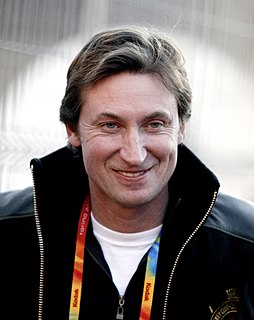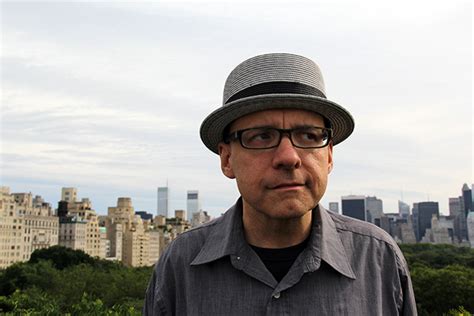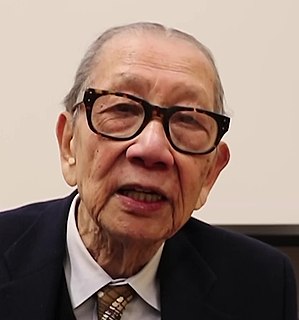A Quote by Samantha Power
The U.N. brings everybody together. And without it, we can't deal with Ebola or terrorism or climate change. But it's 70 years old. It's tired. It's acquired a lot of bad habits. And often it feels like only new bad habits get added and old bad habits don't get taken away.
Related Quotes
Then one day, we’ll put the reward in the old place, and put in the rat, and, by golloy, the old habit will rememerge right away. habits never really disappear. They’re encoded into the sturctures of our brain, and that’s a huge advantage for us, because it would be awful if we had to relearn how to drive after every vacation. The problem is that your brain can’t tell the difference between bad and good habits, and so if you have a bad one, it’s always lurking there, waiting for the right cues and rewards.
In truth, the only difference between those who have failed and those who have succeeded lies in the difference of their habits. Good habits are the key to all success. Bad habits are the unlocked door to failure. Thus, the first law I will obey, which precedeth all others is - I will form good habits and become their slave.



































